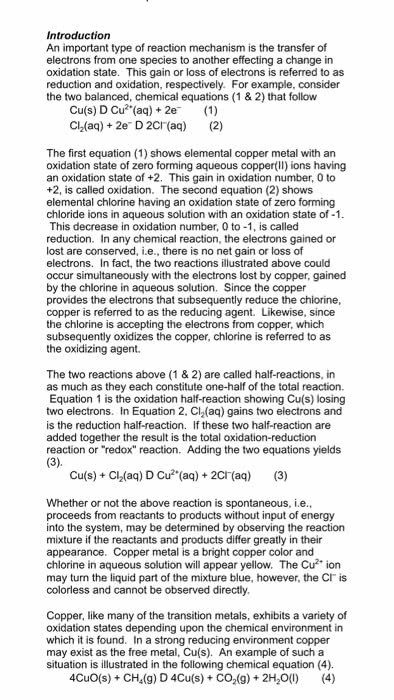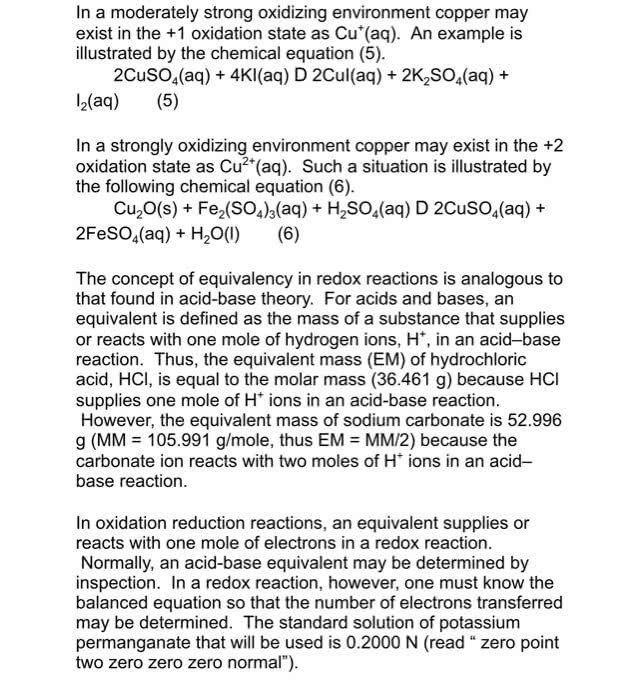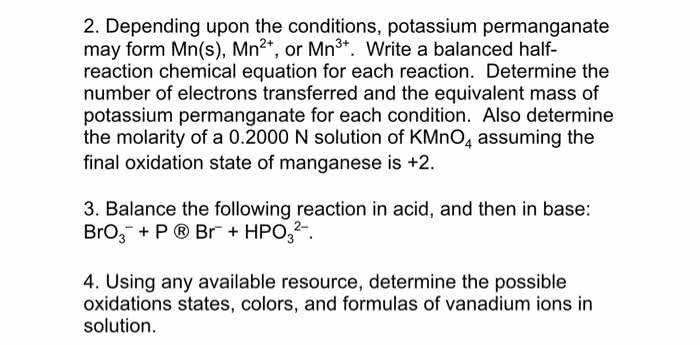CHEM 134 Lecture 15: Electrochemistry OILRIG
26 views4 pages
8 Feb 2018
School
Department
Course
Professor
Document Summary
The transfer of electrons provides a means for converting chemical energy to electrical energy, or vice versa. The study of the relationship between electricity and chemical reactions is called electrochemistry. In redox reactions, electrons are transferred from one species (the reductant) to another (the oxidant). The two parts of the reaction are physically separated. The oxidation reaction occurs at the anode. The reduction reaction occurs at the cathode. Reduction - any process in which the oxidation number of an atom decreases (becomes more negative). Oxidation - any process in which the oxidation number of an atom increases (becomes more positive). Corrosion - a type of redox reaction in which a metal is destroyed. O2(g) 2 fe2o3 3 h2o metathesis reaction - a reaction in which atoms are interchanged and there is no change in oxidation number. Disproportionation reaction - a reaction in which a single reactant undergoes both oxidation and reduction. Oxidizing agent - causes oxidation; undergoes reduction (gains electrons).
Get access
Grade+20% off
$8 USD/m$10 USD/m
Billed $96 USD annually

Homework Help
Study Guides
Textbook Solutions
Class Notes
Textbook Notes
Booster Class
40 Verified Answers
Class+
$8 USD/m
Billed $96 USD annually

Homework Help
Study Guides
Textbook Solutions
Class Notes
Textbook Notes
Booster Class
30 Verified Answers
Related textbook solutions
Chemistry: Structure and Properties
2 Edition,
Tro
ISBN: 9780134293936
Basic Chemistry
5 Edition,
Timberlake
ISBN: 9780134138046
Principles of Chemistry Molecular Approach
4th Edition,
Tro
ISBN: 9780134112831
Principles of Chemistry Molecular Approach
3rd Edition, 2014
Tro
ISBN: 9780321971944
Chemistry: Structure and Properties
2nd Edition,
Tro
ISBN: 9780134293936
Chemistry: A Molecular Approach
3rd Edition,
Tro
ISBN: 9780321809247
Chemistry: A Molecular Approach
5th Edition,
Tro
ISBN: 9780134874371
Principles of Chemistry: A Molecular Approach
4th Edition,
Tro
ISBN: 9780134895741
Chemistry: The Central Science
14th Edition, 2017
Brown
ISBN: 9780134414232






